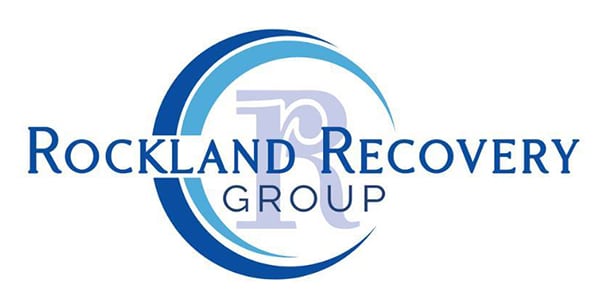It was once said that it’s possible to break any habit in about three weeks. Current research tells us this isn’t always the case, but the fact is this has never been true for addiction. Breaking an addiction is a complex process with a timeline that isn’t always predictable. Instead of wondering how long does it take to break an addiction, let’s reframe the question to learn more about the factors that can influence how long it takes to break addictive habits.
Understanding Addiction and Recovery
Addiction is more than a habit. It’s a chronic disease that influences how the brain processes reward and motivation. With addiction, it becomes difficult for individuals to control their substance use, even when faced with negative consequences. Breaking free of addiction requires detoxing from the substance, and changing thoughts and behaviors associated with substance use.
Addiction recovery is a very personal experience. Some individuals may feel as though they’ve broken free of addiction after a few weeks or months. However, for many others, the journey is longer. True, sustained addiction recovery requires continual effort, often for years to come.
Timeline for Breaking an Addiction
There isn’t a set timeline for breaking addiction. There are several stages of addiction recovery, and it’s important to look at each of these separately and set goals for each. The initial detox phase typically lasts anywhere from a few days to a few weeks. Going through this stage in a dedicated addiction rehab center is the most effective way to begin the recovery journey on a foundation of success.
The next stage is rehabilitation and therapy, which may take place in an inpatient rehab center or through various levels of outpatient treatment. The best addiction treatment centers offer a full continuum of care that includes partial hospitalization and intensive outpatient services to meet the needs of the individual. This stage of recovery may take weeks or many months.
The final stage is sustained recovery. The goal is for lifelong recovery, which requires maintenance and resilience over the years. It involves identifying triggers, developing healthy coping mechanisms, and building a strong support network.
Even with all of this, relapse does happen. The first six months after completing addiction recovery is when the risk of relapse is highest. If relapse happens, know that it’s not the end of the road. Instead, consider it a temporary stop where you need to refuel and get back on course.
Factors That Influence How Long It Takes to Break an Addiction
There are several factors that directly impact how many days it takes to break an addiction for any individual. These can include:
- The type of substance used
- Duration of use
- Frequency of use
- Presence of co-occurring mental health disorders
- Lifestyle factors such as stress
- State of physical health
- Access to effective, evidence-based treatment and a continuum of care
- A strong support network, whether it’s from family, friends, or peer group support
- How motivated an individual is to maintain their commitment to sobriety.
The Importance of Long-Term Treatment and Support
Once detox is complete, it’s long-term addiction treatment that plays a critical role in breaking addiction and maintaining sobriety. At Rockland Recovery, we treat not only the physical dependency but also the psychological and behavioral aspects of addiction.
An effective treatment plan that addresses each of these areas should include an assessment for co-occurring mental health disorders. When left undiagnosed or untreated, mental health disorders can present a roadblock in achieving lasting recovery from addiction. Dual diagnosis therapy is one option that addresses both addiction and mental health treatment simultaneously.
Other long-term treatments for breaking the habit of addiction include supportive therapies, like medication-assisted treatment (MAT) and complementary therapies. Evidence-based approaches to individual therapy, including cognitive behavioral therapy are beneficial in addressing the psychological and behavioral aspects of addiction.
Can You Recover Emotionally and Mentally from Addiction
Emotional and mental recovery is central to breaking free of addiction. Even with treatment, the emotional and mental marks left by addiction don’t magically disappear. Recovery from this side of addiction is absolutely possible. However, it involves the hard work of coping with one’s emotions, facing emotions such as guilt and low self-esteem, and learning how to effectively manage triggers and social challenges.
Full recovery means addressing all of the past traumas and other issues that were contributing factors to addiction. With time, full recovery can be achieved. Individuals who have struggled with addiction can begin to feel back in control of their lives, build emotional resilience, and gain the relationship and life skills to break free from addiction for the long term.
Breaking Free From Addiction in Massachusetts
Breaking an addiction is a complex process that unfolds differently for each person. It requires traveling the journey from detox and withdrawal through long-term addiction treatment and eventual emotional recovery and peace.
At Rockland Recovery, we’re here to help those struggling with addiction discover how to break free on the timeline that works for them. Contact Rockland Recovery today at 888-299-4833 and let’s take the first step together.




